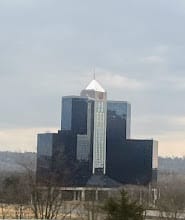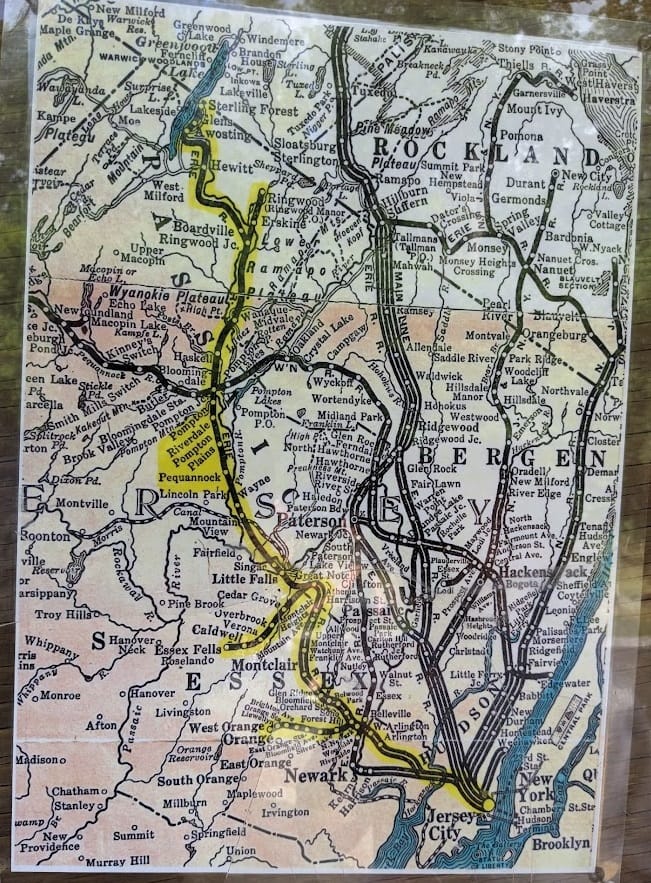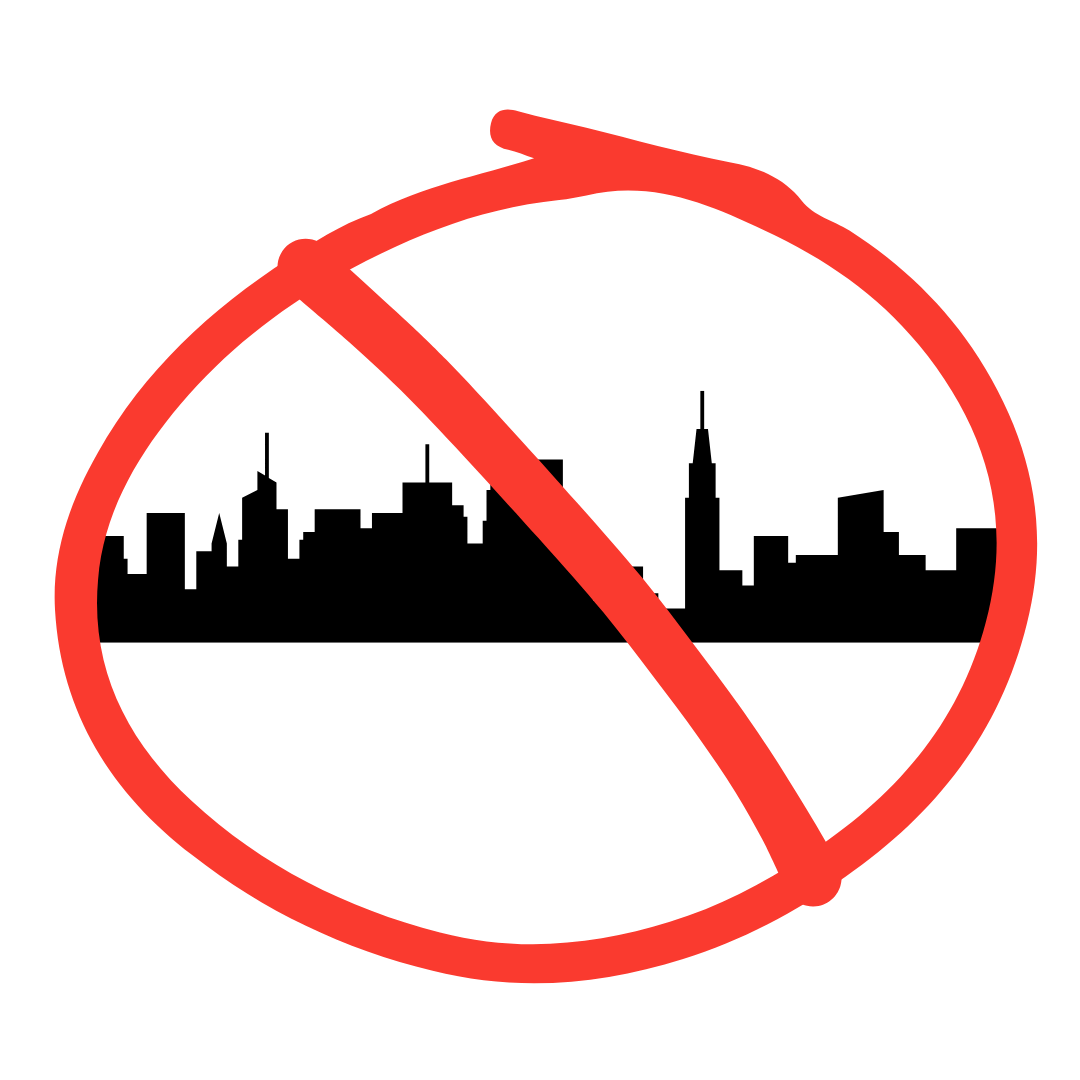On December 3, 2024, President Yoon Suk Yeol of South Korea declared martial law, accusing the Democratic Party of collaborating with North Korean communists. When martial law is declared, free press is suspended and the National Assembly–the legislative body–is not allowed to gather. In addition, the president ordered the capture of his political opponents from both the Democratic Party and his own party, the People Power Party.
This apparent self-coup–in which a leader who entered power through legal means insights a military coup to stay in power–was unanimously overturned by members of the National Assembly from both parties in under three hours despite attempts from the Korean special forces to stop them from assembling. South Korean civilians also took to the streets to protest this despicable injustice carried out against their liberty.
South Korea has a long history of hardships under martial law. At the end of the Korean War, South Korea became a military dictatorship in which leaders would repeatedly declare martial law to massacre any people who opposed the government. This finally ended in the June Democratic Struggle of 1987 when protests erupted across the country and forced a revision of the constitution to allow for direct election of the president to ensure that there would never be a dictator again.
President Yoon, a member of South Korea’s conservative party, was elected in 2022 as South Korea’s 13th president. After only one year as president, resulting from his radical-right political views, his administration’s approval ratings have plummeted to 17%, with a November survey showing that 58% of the population wanted him to resign or be impeached. The Democratic Party holds the majority of the seats in the National Assembly and has blockaded the president’s budget plans and impeached members of his cabinet. Furthermore, the first lady was involved in a corruption scandal which has been investigated by the legislative branch. These occurrences pushed the president’s resentment towards the National Assembly to an all-time high.
Some speculate that the president, along with Defense Minister Kim Yong-hyun, attempted to insight a conflict with North Korea to better justify the use of martial law. North Korea accused South Korea of dispersing propaganda pamphlets throughout Pyongyang, North Korea’s capital. An anonymous source from within the military claims that this was orchestrated by the defense minister.
On December 14, President Yoon was officially impeached from office and many of his cabinet members resigned (including the defense minister). This event not only tested South Korea’s democracy, but proved its strength and justness; members of parliament put aside their biases and loyalties to certain parties to uphold their nation’s constitution.









